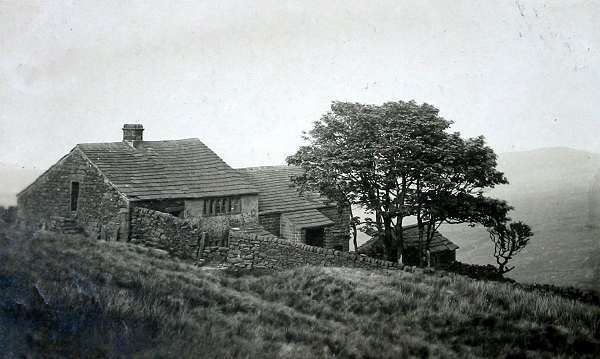
. . . . . . . . . . . . . . . . . . . . . . .............................................................................................. .......................... ............ ....................... . Education ........... ............................... ......................
March 1 2017
 To wuther
To wuther
To make a rushing sound or to shake vigorously. What makes this word interesting is the fact that most people have heard it, thanks to Wuthering Heights, a novel by Emily Brontë and a song of the same name by Kate Bush, based on the novel, but very few people know what the word actually means.
This is how the word is described in the novel: "Wuthering Heights is the name of Mr. Heathcliff's dwelling, "wuthering" being a significant provincial adjective, descriptive of the atmospheric tumult to which its station is exposed in stormy weather. Pure, bracing ventilation they must have up there at all times, indeed. One may guess the power of the north wind blowing over the edge by the excessive slant of a few stunted firs at the end of the house, and by a range of gaunt thorns all stretching their limbs one way, as if craving alms of the sun."

The translations of the novel's title vary greatly. The most common interpretation involves words like "storm" and "stormy"
Some translate "wuthering" as "rumbling" or "thundering".
The French prefer "howling".
The Hungarians "roar".
The Swedes get "vertiginous" or "dizzy".
And the Finns "whoosh" or "hum".

And here is the lovely Kate Bush!
How is Wuthering Heights translated into your language?
A similar word in use today that pops out is blustery; as in 'a strong, billowy gust of blustery wind'.
It seems that various Czech translations used various versions of the name, but the one best known is Na větrné hůrce, which translates back roughly as "On a windy hill". According to Wikipedia, there were other names used, including Bouřlivé výšiny (Stormy heights) and Vichrné návrší (Gale-y hill).
"The Hungarians "roar".
Üvöltő szelek Hungarian"
And szelek means winds, so the "heights" part in totally missing here. Just roaring winds.
The OED says it is a dialectical form of 'whither', 'to move with force or impetus, to rush; to make a rushing sound, to whizz; to bluster or rage, as the wind', from Old Norse hviðra (cf. Norwegian 'kvidra', 'to go to and fro with short quick movements'), related to 'hviða', 'squall of wind, fit (of coughing)', Old English: hwiþa, hwiþu, hweoþu ‘aura’, cognate with Middle English 'whyȝt', 'wind, breeze'.
The title of the book in Estonian is Vihurimäe. Vihur means gust (of wind) or whirlwind, and mäe is the accusative/genitive form or the word mägi, which means mountain or hill.
It's Wichrowe wzgórza in polish. Wicher means a strong wind, but the adjective wichrowe is not a word that's used in everyday speech,
This article was by
Ad maiora! Slow Finnish lessons: https://www.duolingo.com/comment/10579104